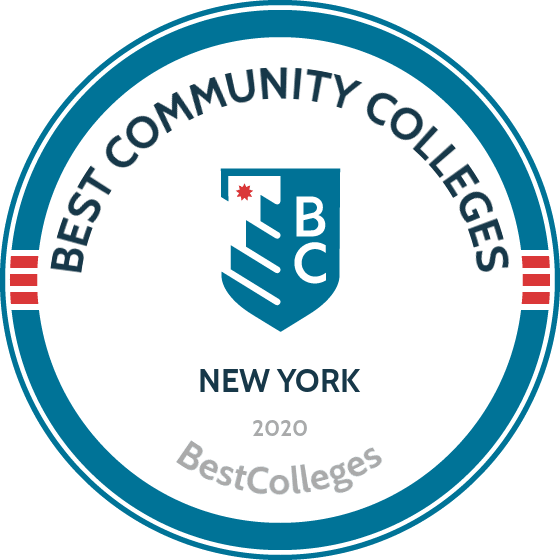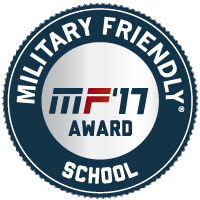Federal law prohibits release of a transcript to a third party without the student’s
consent. FERPA is designed to protect the privacy of education records, to establish
the rights of students to inspect and review their education records, and to provide
guidelines for the correction of inaccurate or misleading data through informal and
formal hearings. Students also have the right to file complaints with the Family Protection
and Regulations Office in Washington, D.C., concerning alleged failures by the College
to comply with the act. Copies of SUNY Ulster’s complete policy statement regarding
FERPA are available in the Registrar’s Office, VAN 206. Questions concerning FERPA
may be referred to the Registrar or the Associate Dean of Student Services, VAN 119.
The College is allowed to provide directory information to outside parties unless
the student requests this information be restricted from disclosure. Directory information
is as follows: name, address, telephone number, email address, major field of study,
dates of attendance, enrollment status, degrees and awards received, most recent previous
school attended, photographs, participation in officially recognized activities and
sports, and height and weight of athletes. Institutions are forbidden to designate
ID number, Social Security number, race, ethnicity, nationality, or gender as directory
information.
FERPA applies to students who have reached the age of 18 and attend a post secondary
institution. If a student wishes a parent, guardian, or other individual to have access
to educational records, he or she must go to the Registrar’s Office to fill out a
release form, indicating to whom the permission is being granted and which offices
are allowed to disclose the student’s information to that individual. This permission
is only good for one academic year and must be updated by the student each year of
attendance. Once a student is no longer enrolled, all FERPA permissions become invalid
and information from that point forward can only be released to the student.
Student Identity Verification
All methods of verifying student identity must protect the privacy of student information
in accordance with the Family Educational Rights and Privacy Act (FERPA), Federal
Higher Education Opportunity Act, and any other applicable laws or regulations regarding
the confidentiality of personally identifiable information, and the College’s Privacy
Policy.
All users of the College’s learning management system are responsible for maintaining
the security of usernames, passwords, and other access credentials as required. An
account is given to an individual for the exclusive use by that individual.
The Registrar's office is responsible for maintaining the privacy of student records
and releasing information based on compliance with FERPA regulations.
The IT Department is responsible for assuring the security of student account on the
IT systems as well as ensuring that student computer access passwords are passed directly
to the student.
Personally identifiable information collected by the College may be used as the basis
for identity verification. This information may include a combination of the following:
Student ID number or the last 4 digits of the student’s Social Security Number or
date of birth.
Ensuring Student Identity Verification
Upon enrollment each student at SUNY Ulster is assigned a permanent and secure ID
number that is used to identify him/her for all internal College processes and for
access to Web services.
Students are responsible for providing complete and true information in the identity
verification process, in accordance with the College’s Social Security Number Policy,
as well as policies on student conduct and fraud.
Social Security Number Policy
In compliance with the Privacy Act of 1974 (P.L. 93-579): disclosure of an applicant’s
Social Security number is required on applications for financial aid. The applicant’s
Social Security number will be used to identify the student’s account, verify the
student’s identity during the period of attendance, and to ascertain that there is
no improper, simultaneous funding under other federal financial aid programs. As above,
applicants are required by federal law to provide their Social Security numbers (SSN)
on the FAFSA. Provision of the College’s Student ID or SSN (as specified on the individual
document) is required on all supporting documents used to apply for financial aid.
The SSN will be used for the College’s system of student records, for compliance with
federal and state reporting requirements, as well as for debt collection. The College
will not disclose the SSN to anyone outside the institution except as required by
lawor when requested by the student, and will make every effort to protect the applicant’s privacy.
Guidelines for Student Identity Verification in Distance Education
SUNY Ulster students registered for online courses have a secure user ID and password
assigned to them by the College using a FERPA compliant procedure. Students have the
opportunity to change their password at any time and are encouraged to do so periodically.
Access to online courses is controlled by the use of the secure User ID and Password.
All credit-bearing courses and programs offered through distance learning methods
at SUNY Ulster verify that a student who registers for a distance education course
or program is the same student who participates in and completes the course or program
and receives academic credit through the use of a secure login and password.
Protection of Student Privacy
All methods of verifying student identity in distance learning protect the privacy
of student information. The privacy of students is protected under the College’s policies
regarding student privacy, confidentiality, fraud, FERPA rules, and the Social Security
Privacy Act of 1974 (P.L. 93-579). These policies are published in the Student Handbook
and on the College’s website.
All users of the College’s online learning management systems are responsible for
maintaining the security of usernames and passwords. Access credentials may not be
shared or given to anyone other than the user to whom they were assigned for any reason.
Users are responsible for any and all uses of their online account. Users are held
responsible for knowledge of the College’s Network Security and Acceptable Use Policy.
Charges Associated with Student Identity Verification
SUNY Ulster does not charge a fee for student identity verification. Students would
be notified of additional fees, if any, prior to and during the registration process
through use of the College Catalog, and on the College website. https://www.sunyulster.edu/admissions/tuition_fees/




